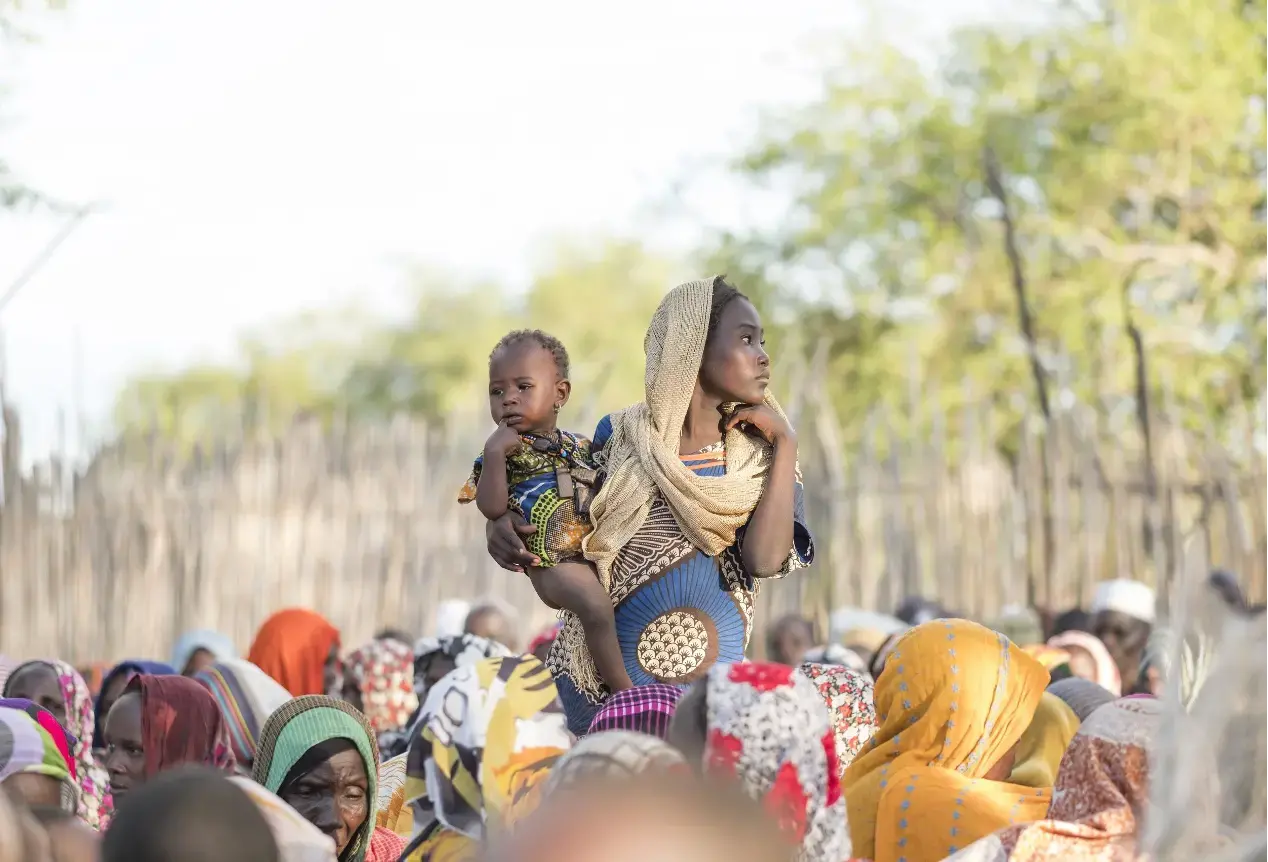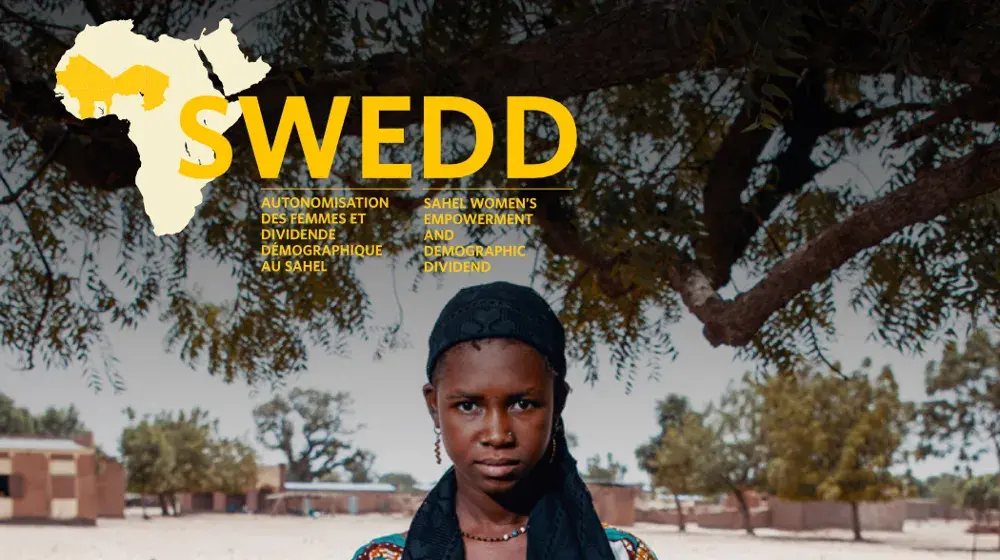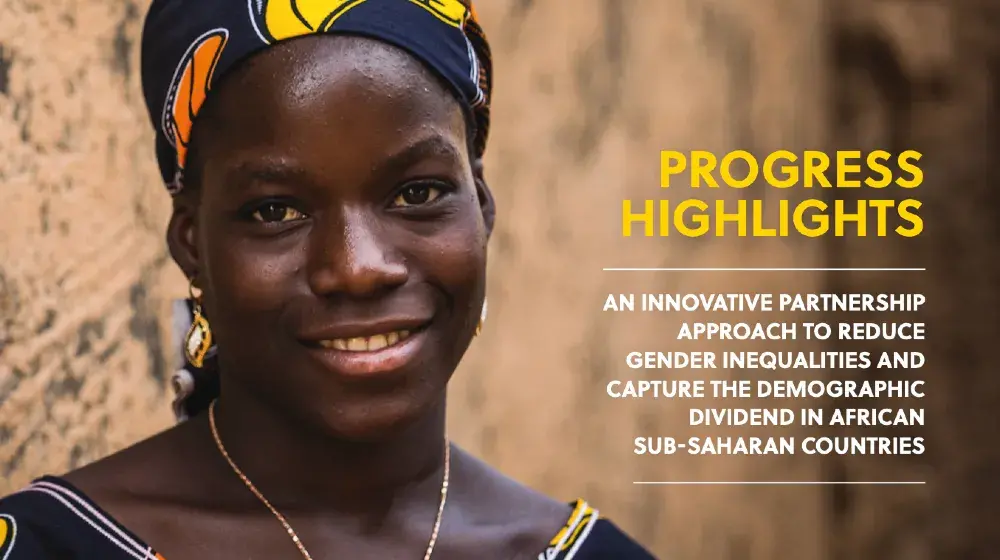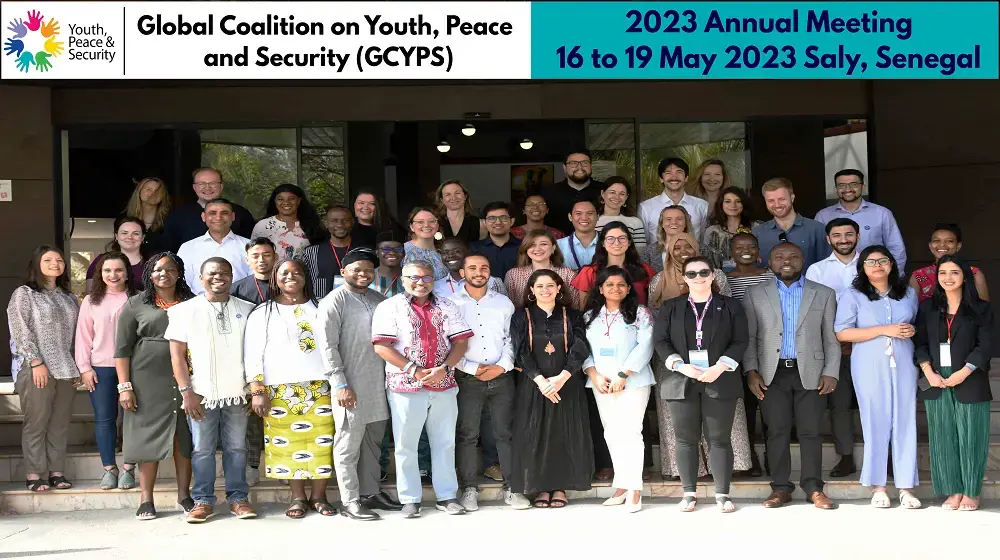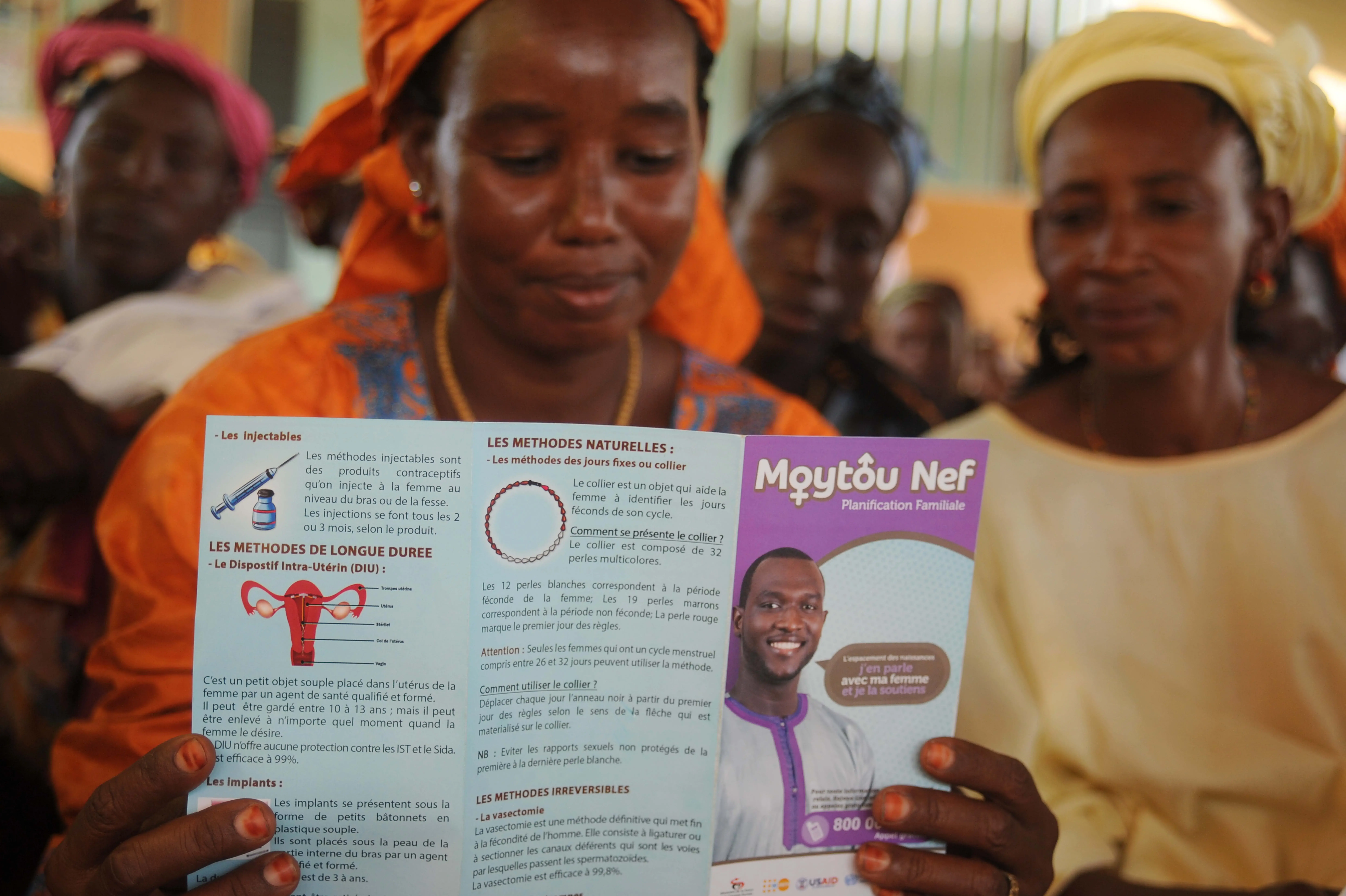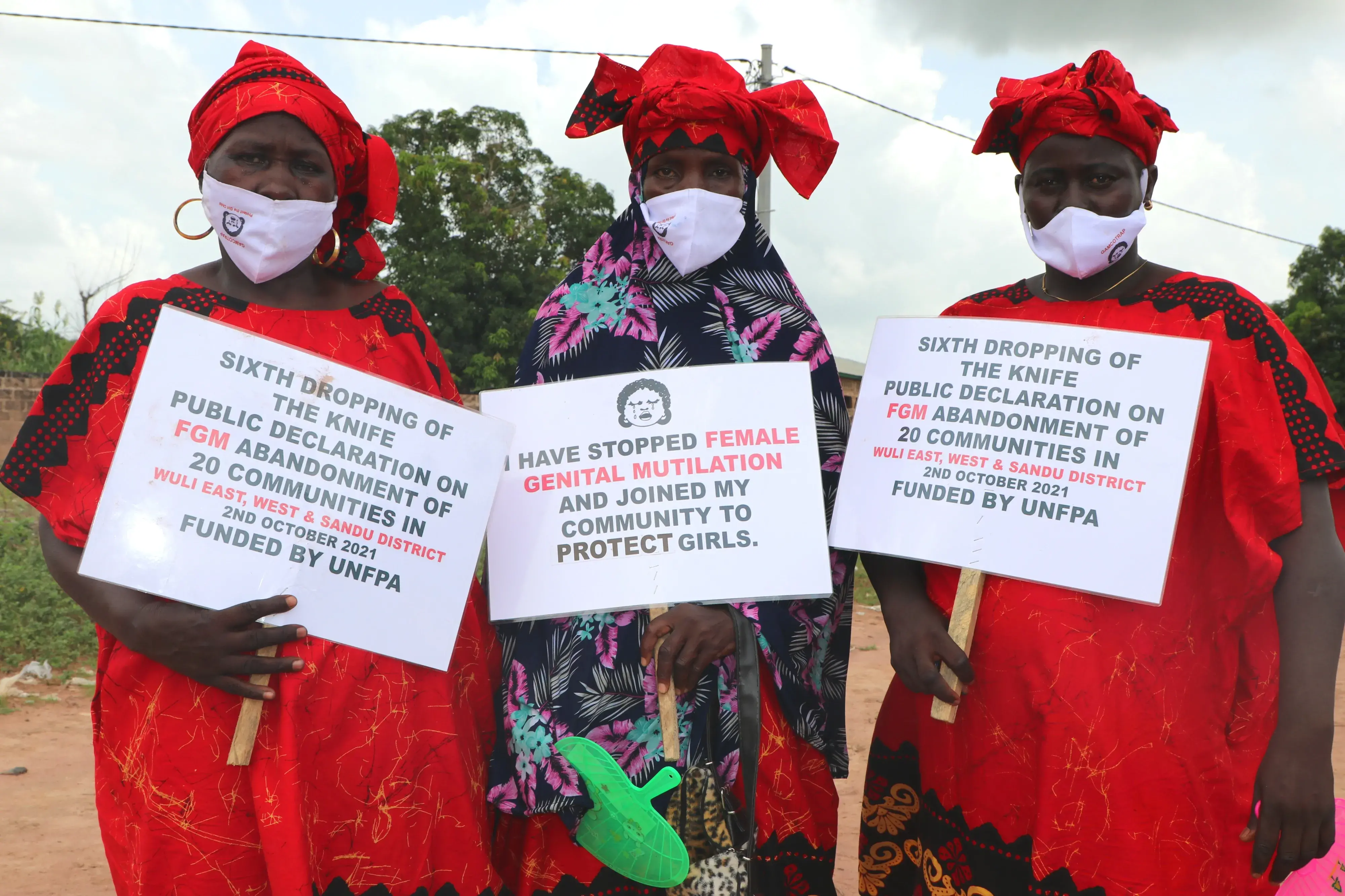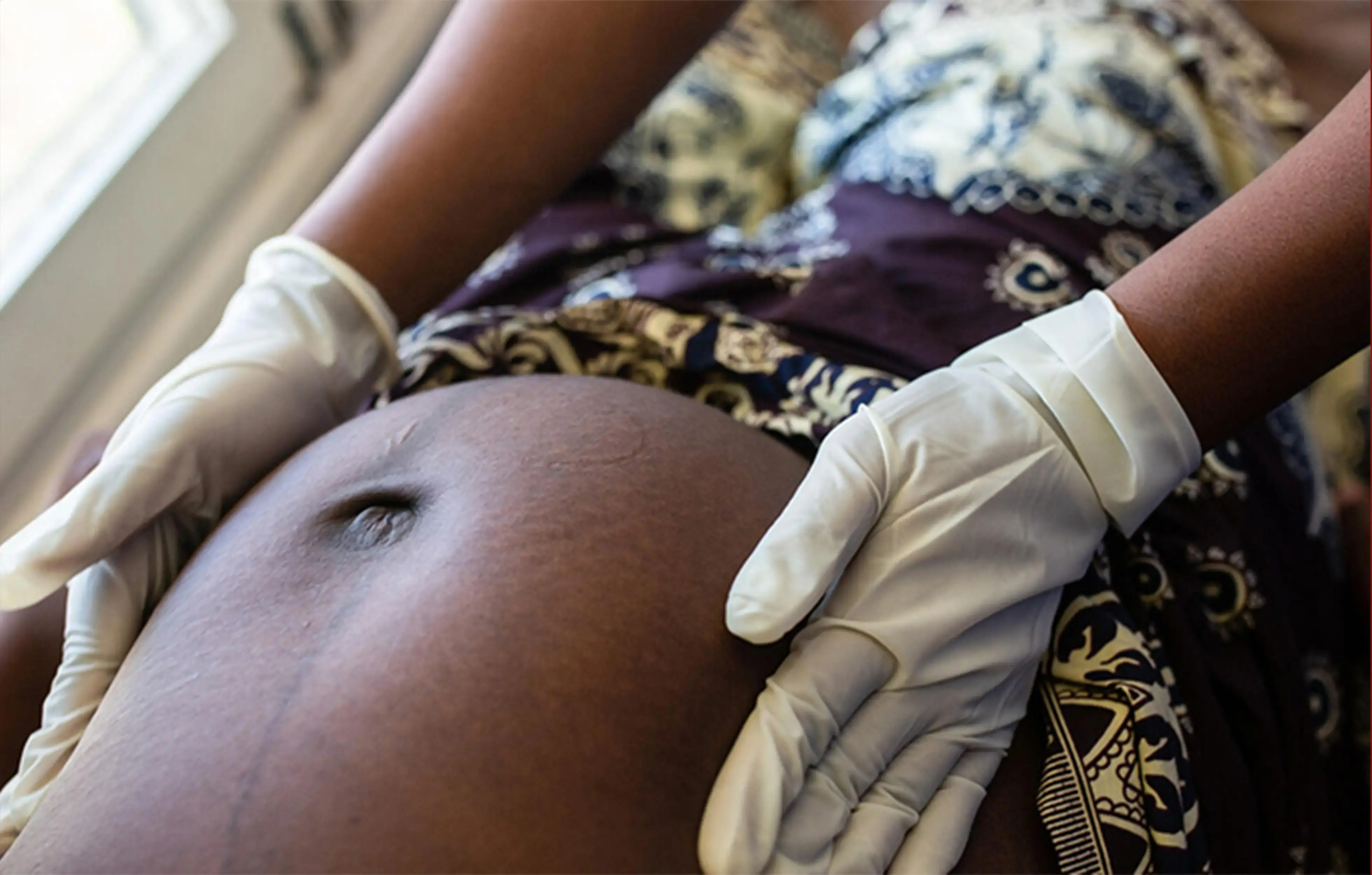Since 2010, the West and Central Africa region, including areas like the Sahel, Liptako-Gourma, Lake Chad, and the Gulf of Guinea, has experienced a surge in interconnected conflicts. These conflicts encompass a range of issues, from unconstitutional changes of government to border disputes, clan clashes, terrorism, and sectarian tensions. Additionally, the region faces the adverse effects of climate change, such as flooding, droughts, and famine, which further exacerbate the already dire situation. Consequently, a massive displacement of the population has ensued, resulting in a severe humanitarian crisis.
Among the most affected are the youth, women, and girls. Displacement, coupled with endemic poverty and limited access to essential services and livelihoods, has left them vulnerable and struggling to survive.
Tragically, conflict-affected areas also see grave human rights violations, including sexual violence, kidnapping, and abuse. These atrocities disproportionately impact young women and girls, subjecting them to additional suffering and hardship.
The situation in West and Central Africa remains precarious as regional and international authorities work to address the root causes of these conflicts and provide aid and support to the affected communities.
Youth, Peace, and Security Action Plan
Transforming global-level frameworks into practical, country-specific initiatives necessitates the implementation of dedicated frameworks that cater to the unique realities, needs, and priorities of each nation. This approach has been acknowledged by the Security Council in resolution 2250 and the ten-year implementation plan of the African continental frame for youth peace and security.
Taking significant strides in this direction, Nigeria has emerged as a pioneer in West and Central Africa by formulating a comprehensive National Action Plan. This plan involves active collaboration among various stakeholders, including the Government, United Nations, and civil society organizations. By working together, they aim to address the specific challenges faced by Nigeria in promoting peace, security, and opportunities for its youth.
Nigeria's proactive approach serves as a model for other countries in the region, demonstrating the potential for positive change when committed efforts are made at the national level to align with broader global frameworks. Through such concerted actions, countries can foster sustainable development and peace, ensuring a brighter future for their youth and societies as a whole.
View Nigeria's National Action Plan (NAP)
YPS Global Relevant Documents
The Missing Peace: Independent Progress Study on Youth, Peace and Security
WE ARE HERE: Global Policy Paper Youth Participation in Peace Processes
IF I DISAPPEAR: GLOBAL REPORT ON PROTECTING YOUNG PEOPLE IN CIVIC SPACE
SG reports SG reports on YPS 2022
YPS Regional relevant documents
Africa Continental Framework for Youth, Peace, and Security
Implementation Plan for Continental Framework
AU: A STUDY ON THE ROLES AND CONTRIBUTIONS OF YOUTH TO PEACE AND SECURITY IN AFRICA

